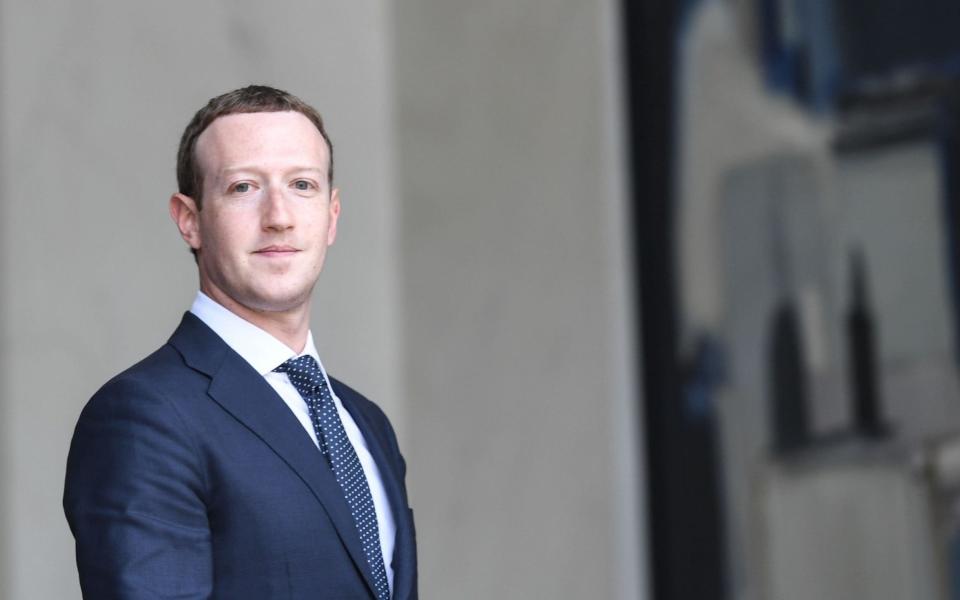Mark Zuckerberg ordered to answer claims that Facebook exposed private health data

A US committee has demanded Mark Zuckerberg answer claims that Facebook failed to protect users’ health data, leaving vulnerable people open to harassment and discrimination.
The House of Congress Energy and Commerce Committee, which has been tasked with scrutinising social media companies, suggested that Facebook misled users into joining “anonymous” groups without realising they were exposing themselves to online bullies and health insurance and healthcare companies.
The committee has requested a Facebook representative brief the committee this month to explain how the personal health information of users participating in what Facebook describes as “closed” groups may have been exposed.
It follows a complaint filed by privacy activist Fred Trotter and health lawyer David Harlow with the Federal Trade Commission in December, which alleged that users had been misled by Facebook’s “closed” groups.
Mr Trotter and Mr Harlow said the groups, which often had the word “anonymous” in their description, gave the impression of being private and encouraged users to share “deeply personal” anecdotes including details of substance abuse and dependency, HIV status, challenges of parenting transgender children and past history of sexual assault.
The groups were infiltrated by members of the public and companies who could use the information to target, harass and potentially discriminate, they claimed, adding that it was easy to obtain a list of the members in these closed groups using a loophole in the Google Chrome browser.

Mr Trotter claimed to have downloaded tens of thousands of real names of members a closed group who claimed to be positive for the BRCA mutation with some email addresses, cities of residence and employers. Mr Trotter later warned Facebook of the issue but claimed not to get a response. Months later the loophole appeared to be closed.
Facebook used personal information to suggest groups for a variety of medical conditions but “failed to properly notify” group members that their health information may have been collected by health insurance companies and bullies “among others”, the committee warned.
Energy and Commerce Chairman Frank Pallone and Consumer Protection and Commerce Subcommittee Chair Jan Schakowsky on Tuesday issued a joint statement saying: “Despite the indications that the groups were private and anonymous, people and companies who should not have been admitted to these groups gained access to them and to lists of group members.
“People used the member lists and other information from these groups to target and harass members of the groups. Insurance companies may have used information from these private groups to make decisions about insurance offerings for group members.”
In 2017, Mr Zuckerberg wrote encouraged people suffering from rare diseases to share their stories using the Facebook group feature, describing it as a way to “connect with people with that condition all around the world so you're not alone”.

 Yahoo Finance
Yahoo Finance 